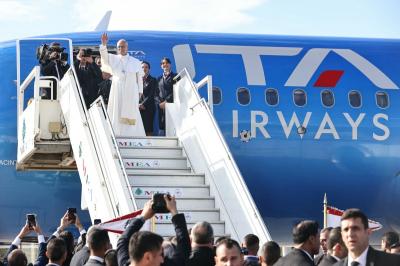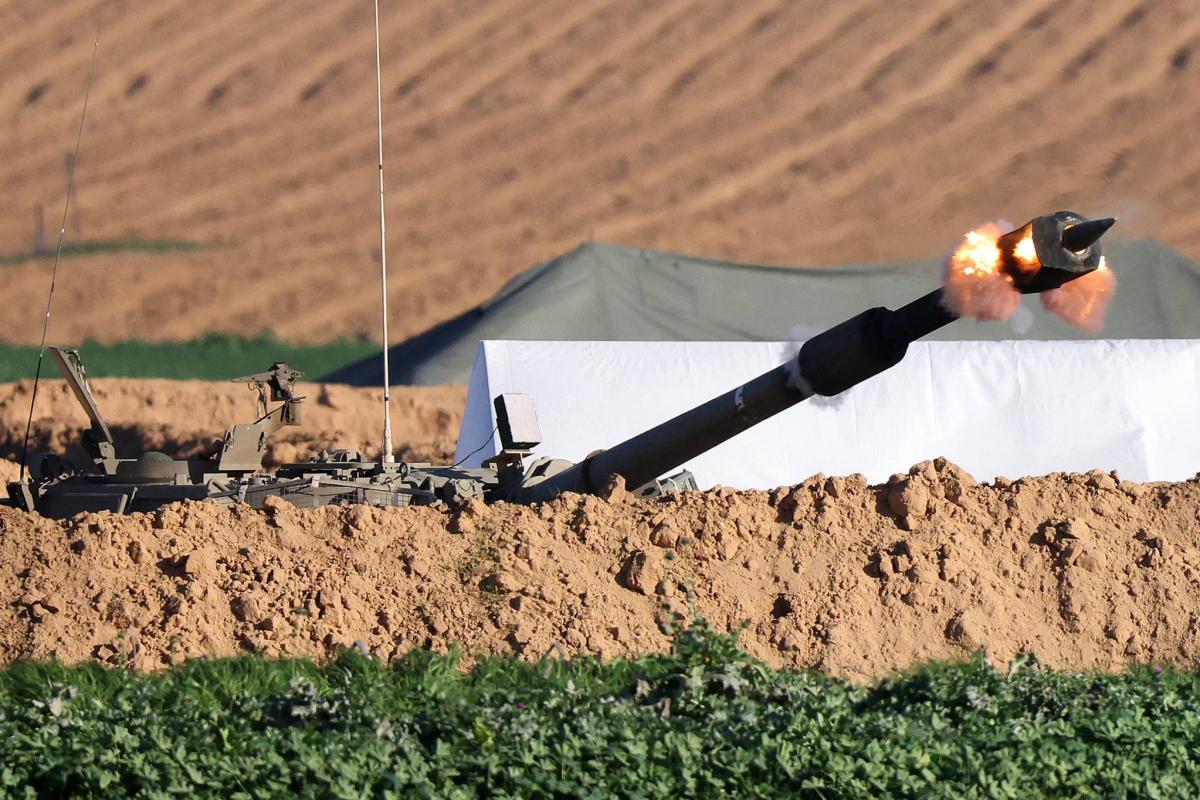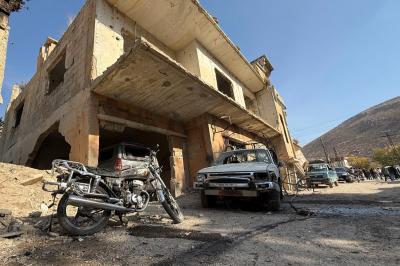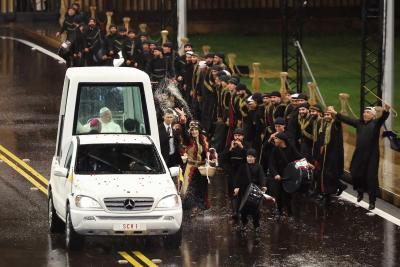The notion of 'strategy' evokes the subtle art of managing conflicts and preparing for them, orchestrating measures and ensuring the necessary means to mobilize forces.
Since the resounding failure of 1967, Israel has preserved its undeniable position of strength at the heart of the Middle East. Since then, it has refined an adaptable defensive strategy, shifting with regional, international, political, and tactical developments. This led to the establishment of a series of impenetrable fortifications along the east bank of the Suez Canal, known as the 'Bar Lev Line'.
The primary objective of this strategy was to neutralize the Egyptian army and to undermine the Iraqi and Syrian forces, with or without the support of certain Western powers, particularly the political and military superpower of the United States. This was in order to then focus on concluding 'separate' peace agreements and treaties with Arab nations.
Despite the Egyptian army's significant victory in 1973, with the crossing of the Suez Canal and the destruction of the robust Bar Lev Line, the defeated Israeli army gave the rival government a glimmer of hope to undertake the implementation of its strategy aimed at neutralizing the Egyptian army, before turning towards the Iraqi and then Syrian armies.
Indeed, after about two weeks of secret negotiations between Egypt and Israel, under American auspices, the historic Camp David Accords were reached on September 17, 1978, leading to the signing of a peace treaty in March 1979.
On February 1, 1979, Israel revised its strategy to counter Iran's influence and stop the export of the Islamic revolution to neighboring countries. Israel's historical enemy then expanded to include the Islamic nations of the Middle East, the list no longer including only Arab countries but also encompassing Iran, predominantly Shiite and non-Arab.
In 1982, Israel's invasion of Lebanon, named 'Operation Peace for Galilee,' did not yield the expected results. On the contrary, this incursion led to the birth of Lebanese resistance, comprising a variety of nationalist and secular factions, which eventually evolved into 'Hezbollah'. Since then, Israel has adjusted its strategies in response to developments on the ground, particularly as Hezbollah's strength became the backbone of the axis of resistance, encompassing not only Lebanon but also Syria, Iraq, Yemen, and extending to Iran.
December 14, 1987, marks the beginning of a crucial chapter: five days after the start of the first Intifada in occupied Palestine, the Hamas movement emerged dramatically, proclaiming in its founding statement its affiliation with the Muslim Brotherhood. This new entity quickly garnered impressive popular support. In May 1990, Hamas established its armed wing, named 'Izz al-Din al-Qassam Brigades,' taking over from the 'Palestinian Mujahideen'.
Then comes October 7 of last year, a date etched in memory. Mohammed al-Deif, the leader of the al-Qassam Brigades, announces a major operation: a land, sea, and air attack against settlements in the Gaza Strip, named 'the Deluge of the Dome'. This significant action not only shakes the Israeli apparatus, its army, and intelligence services but also the international stage. Israel's debacle is deemed unimaginable, necessitating a real strategic upheaval rather than a mere revision of plans in a supposedly strong state, and not only for:
- Eliminating Hamas.
- Returning prisoners.
- Expelling the inhabitants of Gaza.
- Subsequently transferring the governance of Gaza to the Palestinian Authority.
In response, believing that internal political dissensions weaken the Israeli government and that Hamas poses no threat to its territory, the latter adopts a distinct strategy:
- Bringing the Palestinian issue back to the center of discussions.
- Committing to release all prisoners in Israeli jails.
- Taking the lead over other already divided Palestinian factions.
- Halting the agreement that Saudi Arabia was about to sign with Israel.
- Preventing Israeli violations on the Temple Mount.
Hamas then understands that to implement its strategy, surprise is essential. Thus begins the most arduous task: concealing the preparations for the 'Deluge of the Dome' operation from Israeli intelligence services.
Indeed, the al-Qassam Brigades achieve total surprise, capturing nearly 250 Israelis. Hamas hoped this would force Israel to reconsider any ground counter-attack. However, Israel opts for a strategy of total war. Hamas underestimates the Israeli reaction. Israel resorts to a scorched earth policy, using heavy artillery, air and naval forces, and implementing the Hannibal Protocol, authorizing the Israeli army to eliminate its captured soldiers. Israel also targets hospitals, schools, and homes, causing thousands of civilian casualties. Ground troops, supported by Merkava tanks, a symbol of Israeli industry according to its claims, are deployed, suffering heavy losses and a significant moral defeat.
To date, neither side has achieved its objectives. Hamas realizes that its victory can only be moral, while Israel loses its prestige, both militarily, in intelligence, and morally, both domestically and internationally.
The war is far from over and could continue. Major changes in the strategies and tactics of both sides are to be expected, especially since the real war has not yet begun.
Please post your comments on:
[email protected]
 Politics
Politics














